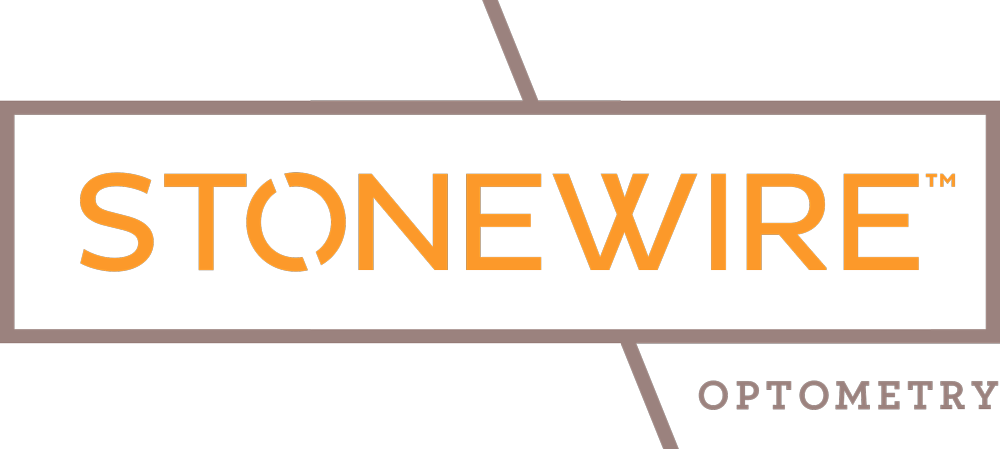Eye Care Tip #29 - Always Wear Your Safety Glasses at Work
/Welcome to our weekly Eye Care Tip series, where we bring you essential advice to keep your eyes healthy and protected. This week, we emphasize a crucial aspect of eye safety – wearing safety glasses at work.
Your eyes are precious; safeguarding them should be a top priority, especially in potentially hazardous environments. Let's explore why wearing safety glasses is so important and how they can significantly prevent workplace eye injuries.
The Importance of Eye Protection at Work:
Your eyes are incredibly delicate and vulnerable to various workplace hazards. Whether you work in construction, manufacturing, healthcare, or any other field, your eyes can be exposed to numerous risks, including:
Flying Debris: In industrial settings, machinery, tools, and equipment can generate flying debris, sparks, or fragments that pose a severe threat to your eyes.
Chemical Splashes: Workers dealing with chemicals or liquids are at risk of splashes that can cause chemical burns or severe irritation.
Dust and Particles: Dust and fine particles can irritate your eyes, potentially leading to long-term damage if exposure is frequent.
Radiation: Industries involving welding, electronics, or UV radiation sources can expose workers to harmful light rays that can damage the eyes over time.
Infectious Agents: Healthcare professionals and laboratory workers may encounter infectious agents that can cause eye infections.
The Solution: Safety Glasses
Wearing safety glasses is the simplest and most effective way to protect your eyes from these workplace hazards. Here's why they should always be part of your work attire:
Physical Barrier: Safety glasses act as a physical barrier, preventing objects, liquids, or particles from entering your eyes.
Impact Resistance: Safety glasses are designed to withstand high-velocity impact, making them suitable for environments with flying debris.
Chemical Resistance: Safety glasses are a physical barrier to resist chemical splashes and reduce the risk of chemical burns.
UV Protection: Many safety glasses offer UV protection, safeguarding your eyes from harmful radiation sources.
Comfort and Fit: Modern safety glasses are designed for comfort and can be customized to fit your face correctly, reducing discomfort during long work hours.
Prescription Options: If you require vision correction, safety glasses are available with prescription inserts or lenses.
Compliance with Regulations: Your workplace safety regulations may require wearing safety glasses. Non-compliance can result in accidents, injuries, or even legal consequences.
In conclusion, the message is clear when it comes to eye safety at work: Always wear your safety glasses. Protecting your eyes is not only crucial for your vision but also for your overall well-being. Remember that accidents can happen anytime, and a small investment in safety glasses can prevent a lifetime of regret.
Make it a habit to inspect your safety glasses regularly for damage or wear and replace them as needed. Your eyes are irreplaceable, and you're taking a proactive step towards maintaining your eye health by wearing safety glasses consistently.
Stay tuned for more eye care tips next week, and in the meantime, keep those safety glasses on at work to ensure your eyes remain safe and sound. Remember, safety glasses are for your protection, not your employers.
Disclaimer: The information in this Eye Care Tip of the Week is for general informational purposes only. It should not be considered a substitute for professional medical advice, diagnosis, or treatment. Always seek the advice of your physician or another qualified healthcare provider with any questions you may have regarding a medical condition. Never disregard professional medical advice or delay seeking it because of something you read in this blog post. Reliance on any information in this blog post is solely at your own risk.




